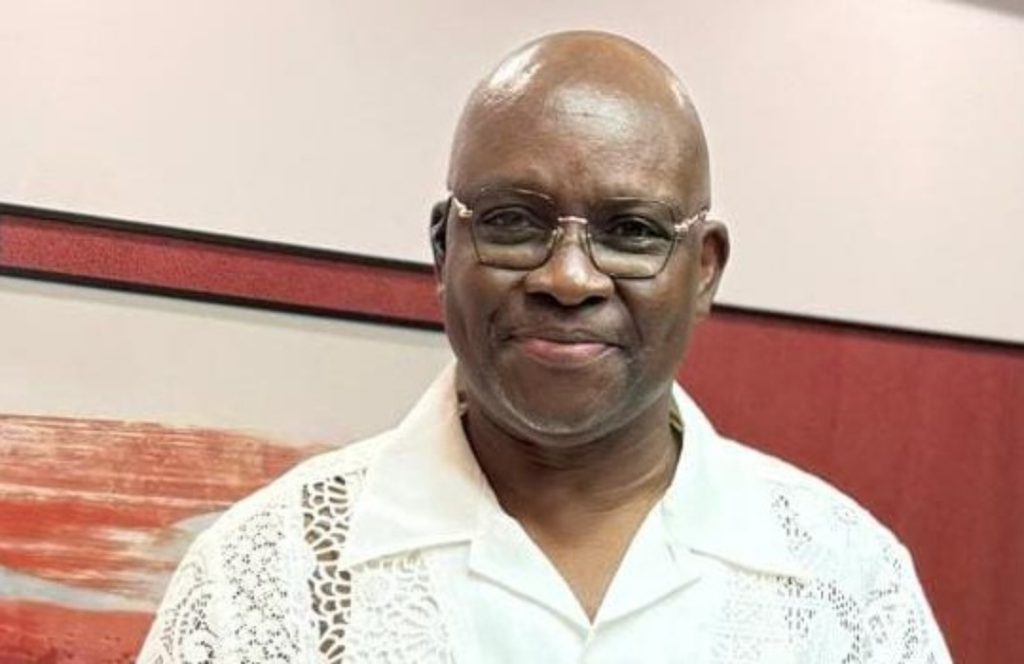Young Women in Uganda Take a Stand Against Corruption
Kampala, Uganda – In a bold move, young women in Uganda are taking to the streets to fight against corruption, challenging the status quo and pushing for change in a country where corruption has become deeply entrenched.
Margaret Natabi, a 24-year-old university student, is one such woman. Orphaned at a young age, Natabi believes that corruption was responsible for her mother’s death during childbirth. She was recently arrested during a protest march to parliament, where she held a poster reading, "The corrupt are playing with the wrong generation."
Natabi’s determination to speak out against corruption is unwavering, despite the risks. "I was so determined to preach the gospel against corruption to everyone. Even the police officer that was arresting me," she said.
However, her peaceful protest was met with brutality by the police. Natabi was kicked in the back by a male police officer, who questioned her motives and told her that she had no right to complain about corruption.
Undeterred, Natabi continued to speak out against corruption, even after her release from prison. "Because the more I keep quiet, I’m doing an injustice to my country," she said.
Natabi is not alone in her fight against corruption. Other young women, such as Claire Namara and Norah Kobusingye, have also taken to the streets to protest against corruption. Namara was charged with disturbing a lawful religious assembly after she attempted to preach to congregants about the dangers of corruption during a mass at a Catholic church.
The emergence of these young women as anti-corruption activists has triggered debate in Uganda. Some believe that they have broken the formal and cultural barriers about women and corruption, while others see them as a challenge to women in leadership positions who are perceived to be complicit in corruption.
Dr. Miria Matembe, a former Minister of Ethics and Integrity, agrees that the young women anti-corruption activists have come to challenge the status quo because the once vibrant women’s movement in Uganda has been silenced.
"The entire system of governance in Uganda is corrupt," she said. "Corruption is not about the Prime Minister because she is a woman. Look at the women politicians individually. They are greedy. We have a transactional parliament. Rather than a transformative parliament."
The young women’s movement has also been seen as a challenge to women in leadership positions, such as Vice President Jessica Alupo, Speaker of Parliament Anita Among, and Prime Minister Robina Nabanja, who are perceived to be complicit in corruption.
Nantongo Bashira, a lecturer at the Islamic University in Uganda, believes that young women bear the responsibility to make the future they want. "We keep on saying the future is female. If you tell us that the future is women and corruption is skyrocketing, the future is female and things are not going your way, it is our responsibility to shape that future that we want," she said.
The young women’s movement in Uganda is a testament to the power of grassroots activism and the determination of young people to create change. As Natabi said, "We may not end corruption. But the number of people who have seen what we are doing, the eyes that we are opening–there is a person today who is going to pick that courage from us."



